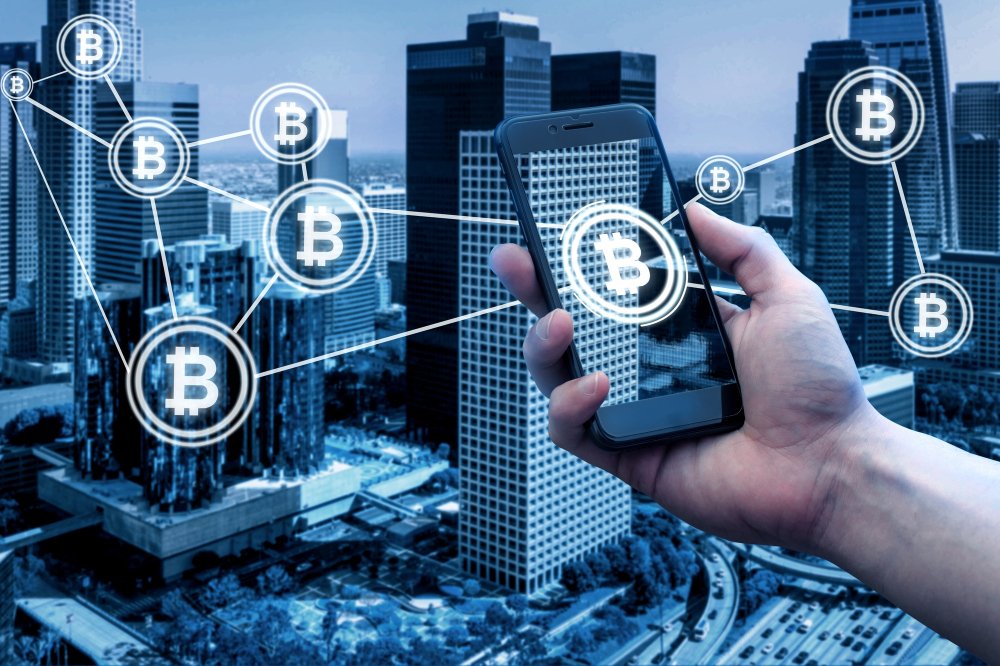Financial inclusion has been a significant global challenge, with millions of people lacking access to traditional banking and investment opportunities. However, the emergence of real-world asset tokenization is changing this landscape by breaking down barriers and enabling individuals from all economic backgrounds to participate in investment markets. By leveraging blockchain technology, asset tokenization is democratizing access to high-value investments and creating financial opportunities for a wider population. In this blog, we will explore how real-world asset tokenization is transforming the financial landscape and promoting financial inclusion like never before.
Understanding Real-World Asset Tokenization
Real-world asset tokenization is the process of converting tangible assets—such as real estate, commodities, and art—into digital tokens that can be easily traded on blockchain networks. Each token represents fractional ownership of an asset, making it possible for investors to buy small portions rather than requiring full ownership. This concept eliminates many traditional investment barriers, allowing more people to diversify their portfolios and access previously exclusive markets.
How Tokenization Promotes Financial Inclusion
1. Breaking Down Investment Barriers
Traditional investment markets often require large sums of capital, making them inaccessible to the average person. Tokenization allows for fractional ownership, meaning that individuals can invest in high-value assets without needing to spend thousands or millions upfront.
2. Enabling Access to Global Markets
Geographical restrictions often limit investment opportunities. Asset tokenization creates a borderless investment environment, enabling individuals from developing countries to participate in lucrative global markets with ease.
3. Reducing Dependence on Traditional Financial Institutions
Many individuals, especially in underbanked regions, do not have access to banks or credit institutions. Blockchain-powered tokenization enables peer-to-peer transactions, bypassing traditional financial gatekeepers and making investing more accessible.
4. Lowering Transaction Costs
Traditional investments come with high fees, brokerage charges, and administrative costs. Tokenized assets eliminate middlemen, significantly reducing transaction costs and making investing more affordable for everyone.
5. Providing Transparent and Secure Investments
Many people avoid investing due to fears of fraud and lack of transparency. Blockchain ensures immutable records of transactions, increasing trust and reducing fraud risks in investment markets.
6. Creating More Opportunities for Small and Medium Businesses (SMEs)
Small businesses often struggle to secure funding due to stringent bank requirements. Tokenization provides SMEs with an alternative way to raise capital, giving them access to a broader investor base.
Industries Benefiting from Tokenization and Financial Inclusion
1. Real Estate
Traditionally, real estate investment required significant capital. Tokenization allows investors to buy fractional shares in properties, enabling more people to participate in this lucrative market.
2. Art and Collectibles
High-value artwork and collectibles have always been reserved for the wealthy. Tokenization lets multiple investors own a stake in rare collectibles, making this asset class more inclusive.
3. Commodities (Gold, Oil, and More)
Tokenization allows investors to own portions of valuable commodities like gold or oil, without the need for physical storage or high capital investments.
4. Agriculture and Natural Resources
Farmers and agricultural businesses can tokenize assets such as land and crops, securing investment from global investors and improving financial sustainability.
Challenges and Considerations
While asset tokenization offers many benefits, some challenges need to be addressed:
- Regulatory Uncertainty: Governments are still working on regulations for tokenized assets, leading to uncertainty for investors.
- Blockchain Adoption: Many people are unfamiliar with blockchain, which may slow adoption rates.
- Security Risks: While blockchain is secure, risks such as hacking and smart contract vulnerabilities must be managed.
The Future of Financial Inclusion Through Tokenization
As blockchain technology continues to evolve, real-world asset tokenization will play a key role in shaping the future of financial inclusion. With growing adoption, increased regulatory clarity, and more accessible investment platforms, we can expect a world where financial opportunities are truly democratized.
Key trends to watch:
- Increased adoption by governments and financial institutions.
- Growth of decentralized finance (DeFi) solutions linked to tokenization.
- New investment platforms offering easy access to tokenized assets.
Conclusion
Real-world asset tokenization is transforming financial inclusion by enabling individuals worldwide to access investment opportunities that were once reserved for the elite. By removing barriers, reducing costs, and creating a transparent investment ecosystem, tokenization is paving the way for a more inclusive global economy. Whether you are an investor looking to expand your portfolio, a business owner seeking new funding opportunities, or someone eager to enter the financial market for the first time, asset tokenization represents the future.



